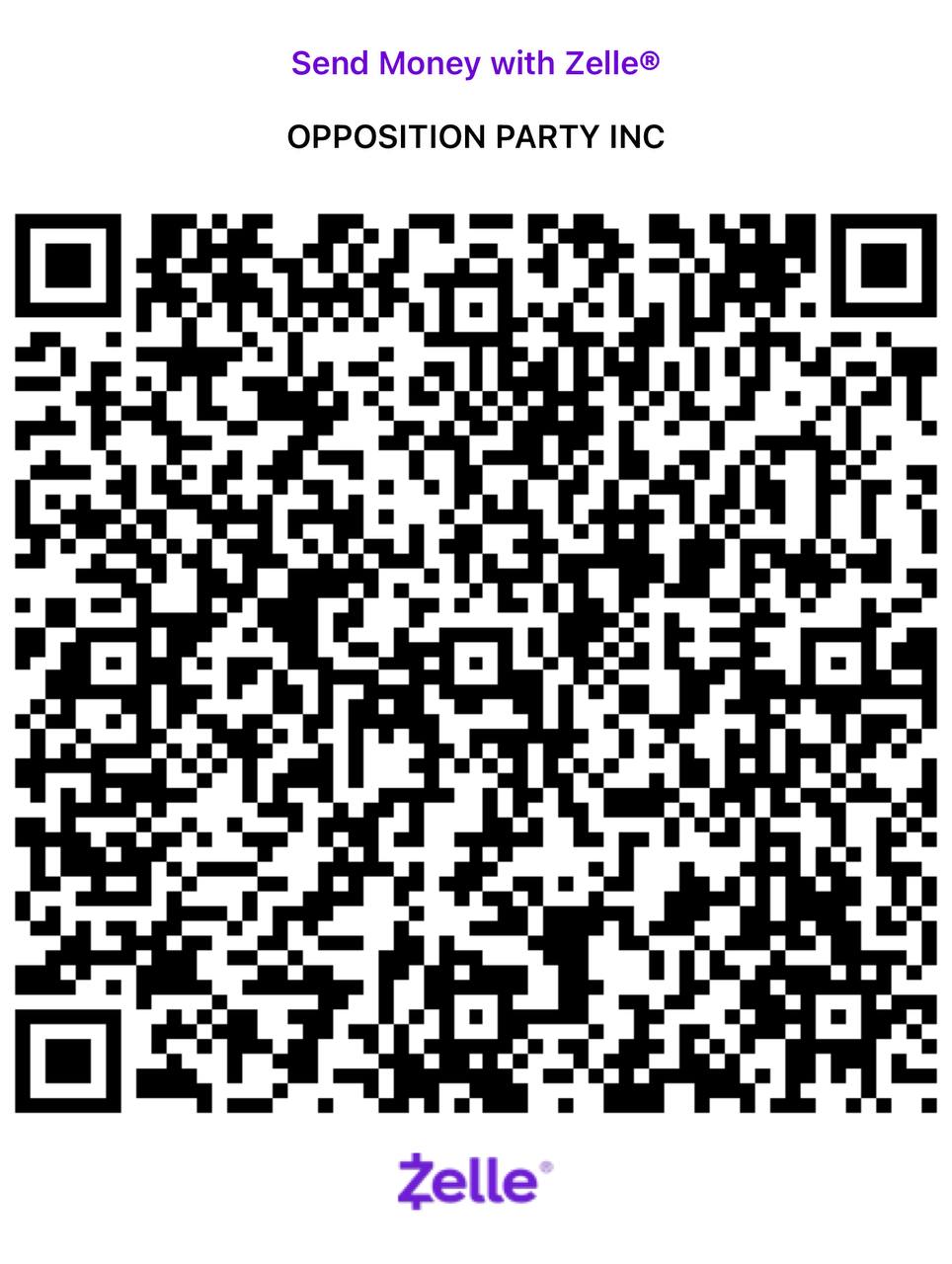作者:张娜
编辑:程伟 责任编辑:罗志飞 校对:程筱筱 翻译:彭小梅
我叫张娜,今年32岁。一年半前,我穿越七个国家,历经千难万险,来到美国。这并不是一次冒险旅行,而是一次深思熟虑的逃离。
我出生在江苏,在中国生活了整整30年。和很多普通女孩一样,我顺着社会的轨道往前走:努力上学、参加工作、买房、计划结婚。但30岁那年,我意识到,这条路不是我的选择,而是我被“安排”着走的。
在国内,我一直从事外卖行业的招商工作。先后供职于美团快驴、涨客舟和优客多多等三个平台,负责平台运营和外卖品牌加盟拓展。尤其是疫情期间,工作强度极大,24小时不敢关机,客户、同事、领导随时都会联络我,这些让我疲于奔命,但真正让我感到疲惫的不是工作,而是对未来的无力感。
我开始思考:没有家庭负担的时候,年轻的时候有无限的精力赚钱,可是五年后呢?可能我也要面临结婚、生子的问题,那么谁来帮我承担产假期间的收入损失?孩子谁来带?如果是我全职带孩子,那么与社会脱节两年、五年甚至更多年的宝妈还能重新就业吗?现实狠狠地给我上了一课,很多公司在招聘人才时会明确标注“已婚已育优先”,大多要求“35岁以下”,互联网行业更甚,为了避免“未婚未育”的女员工不能全神贯注地工作。
因此我也曾试着转行,去学软件测试,但无论怎么努力,年龄、婚姻、生育这几张“无形的简历”始终横亘在我面前。我的性别,竟成了我无法改变的“原罪”。
我也曾被洗脑,被当做“韭菜”,2016年,我在镇江买了人生第一套房,满心期待新的开始;但到了2024年,当我卖掉房子时,血本无归。这就意味着,我的全部身家都用了买了房子,当我卖掉房子时,我没有赚到一分钱,反而倒欠银行贷款,那么钱去哪儿了呢?年轻人本该对未来有无限向往的时候,在最美好的年华奋斗的时候,却要背上几十年的贷款,因为没有房子,没有车子,没有票子,就不配结婚。
在中国生活的这些年,我一直被定义要做一个贤妻良母一样的女性、被催促成一个讨人喜欢的女朋友、被压迫成一个不断奋斗的“五好青年”。是的,大家都这么说,女孩子嘛,找一份稳定的工作,嫁人生孩子才是人生最大的事情。可是结婚生孩子就真的能解决所有的问题吗?如果一个社会害怕单身女性做自己,如果一个社会离婚需要冷静期,如果一个女人被家暴而加害者却逍遥法外,那么当《宪法》都可以被修改的时候,当《婚姻法》不再维护女性的权益的时候,我如何在这个社会生存下去?
这些问题,一遍一遍地萦绕在我的脑海里,这个时候我才真正意识到,我并不是想“逃离”,我只是想“选择”,我想做自己人生的决策者,而不是一具服从命令的躯壳。
于是,我做了一个很多人难以想象的决定:离开这个吃人的国家,去到自由民主美国。
我从南京飞往香港,进入厄瓜多尔,辗转哥伦比亚、巴拿马、哥斯达黎加、尼加拉瓜、洪都拉斯等地,最终在墨西哥边境翻墙进入美国。这一路,充满了不安与艰难。但每跨过一个国界,我就离“自己的人生”更近了一步。
如今,我还在适应新的生活。我不知道未来会是什么样子,但我知道:我不再被命令怎么活。我有选择的权利,即使代价沉重,也值得,因为沉没成本不需要参与重大决策。
这不是一封控诉信,也不是成功学励志故事。这只是我作为一个普通中国女性,在社会高压、职场焦虑和家庭期待之间,试图找回自我、挣脱桎梏的记录。
Across Seven Countries—A Journey Toward Freedom
Author: Zhang Na
Editor: Cheng Wei Executive Editor: Luo Zhifei Proofreader: Cheng Xiaoxiao Translator: Peng Xiaomei
Abstract:If a society fears single women living authentically; if it imposes a “cooling-off period” before divorce; if a woman who suffers domestic violence sees her abuser walk free—then when even the Constitution can be amended at will, and the Marriage Law no longer protects women’s rights, how can I possibly survive in such a society?
My name is Zhang Na, I am thirty-two years old. A year and a half ago, I crossed seven countries, enduring countless hardships, to reach the United States. It was not an adventure, but a carefully considered escape.
I was born in Jiangsu Province and lived in China for thirty years. Like many ordinary girls, I followed the prescribed path: study hard, find a job, buy an apartment, plan to get married. But when I turned thirty, I realized this was never my own choice—it was a path I was assigned to follow.
In China, I worked in business development for the food delivery industry, holding positions at Meituan Kualv (Meituan’s B2B supply platform), Zhangkezhou (restaurant franchise expansion platform), and Youke Duoduo (food delivery franchise platform), responsible for platform operations and franchise expansion. During the pandemic, the workload became unbearable. My phone could nevewr be turned off; clients, colleagues, and managers contacted me around the clock. But what truly exhausted me was not the work itself—it was the sense of powerlessness about the future.
I began to wonder while I am young, single, and energetic, I can work tirelessly to earn money. But what about five years later? I will likely face marriage and motherhood. Who will compensate for my lost income during maternity leave? Who will take care of the child? If I become a full-time mother, can I still find employment after being out of the workforce for two, five, or more years? Reality taught me a harsh lesson. Many job listings explicitly state, “married women with children preferred” and limit applicants to “under 35.” The tech industry is even crueler employers avoid hiring unmarried women for fear that “marriage and childbirth” might distract them from work.
So, I tried to change careers, studying software testing. Yet no matter how hard I worked, three invisible lines—age, marriage, and fertility—remained barriers before me. My gender had become an “original sin” I could not undo.
Like many of my generation, I was deceived and harvested like a “leek.” In 2016, I bought my first apartment in Zhenjiang, full of hope for a new beginning. But when I sold it in 2024, I suffered a total loss. My life savings vanished, and I even owed money to the bank. Where did the money go? Young people, who should be free to dream and build their lives, are instead burdened with decades of mortgage debt—because in China, without a house, a car, and savings, one is deemed unworthy of marriage.
Throughout my years in China, I was told to be a “good wife and loving mother,” urged to be a “pleasant girlfriend,” and pushed to become a “model youth” who never stops striving.Everyone says the same thing: “For a woman, the greatest achievement is a stable job, marriage, and children.”But does marriage and childbirth truly solve everything a society fears women living independently,if divorce requires a government-imposed “cooling-off period, ”if domestic abusers roam free while victims suffer in silence—then when even the Constitution can be rewritten overnight, when the Marriage Law no longer defends women’s rights—how can I, as a woman, continue to live in such a society?
These questions haunted me. I eventually realized that I was not trying to “escape”—I simply wanted the right to choose. I wanted to be the decision-maker of my own life, not a body programmed to obey.
So, I made a decision that few could imagine: to leave that devouring system and go to a free, democratic America.
From Nanjing I flew to Hong Kong, then entered Ecuador, crossed Colombia, Panama, Costa Rica, Nicaragua, and Honduras, finally climbing over the border wall into Mexico and the United States. The journey was filled with fear and danger. Yet with each border I crossed, I felt myself getting one step closer to my own life.
Now, I am still learning to adapt to this new world. I do not know what the future holds, but I know one thing for certain: I am no longer told how to live. I have the right to choose—even if the cost is heavy—because sunk costs should never dictate life’s decisions.
This is not a letter of accusation, nor a tale of “success. “It is simply the testimony of an ordinary Chinese woman, trying to reclaim herself amid the crushing weight of society, career, and family expectations—a record of breaking free from the chains of obedience and rediscovering oneself.


杨长兵-rId5-900X743.png?w=218&resize=218,150&ssl=1)
卢超-rId5-480X280.jpeg?w=218&resize=218,150&ssl=1)
于越-rId4-1267X950.png?w=218&resize=218,150&ssl=1)
孔德翠-刘虎,支持你!-rId5-908X1666.png?w=218&resize=218,150&ssl=1)

钟然-rId7-911X672.jpeg?w=100&resize=100,70&ssl=1)

